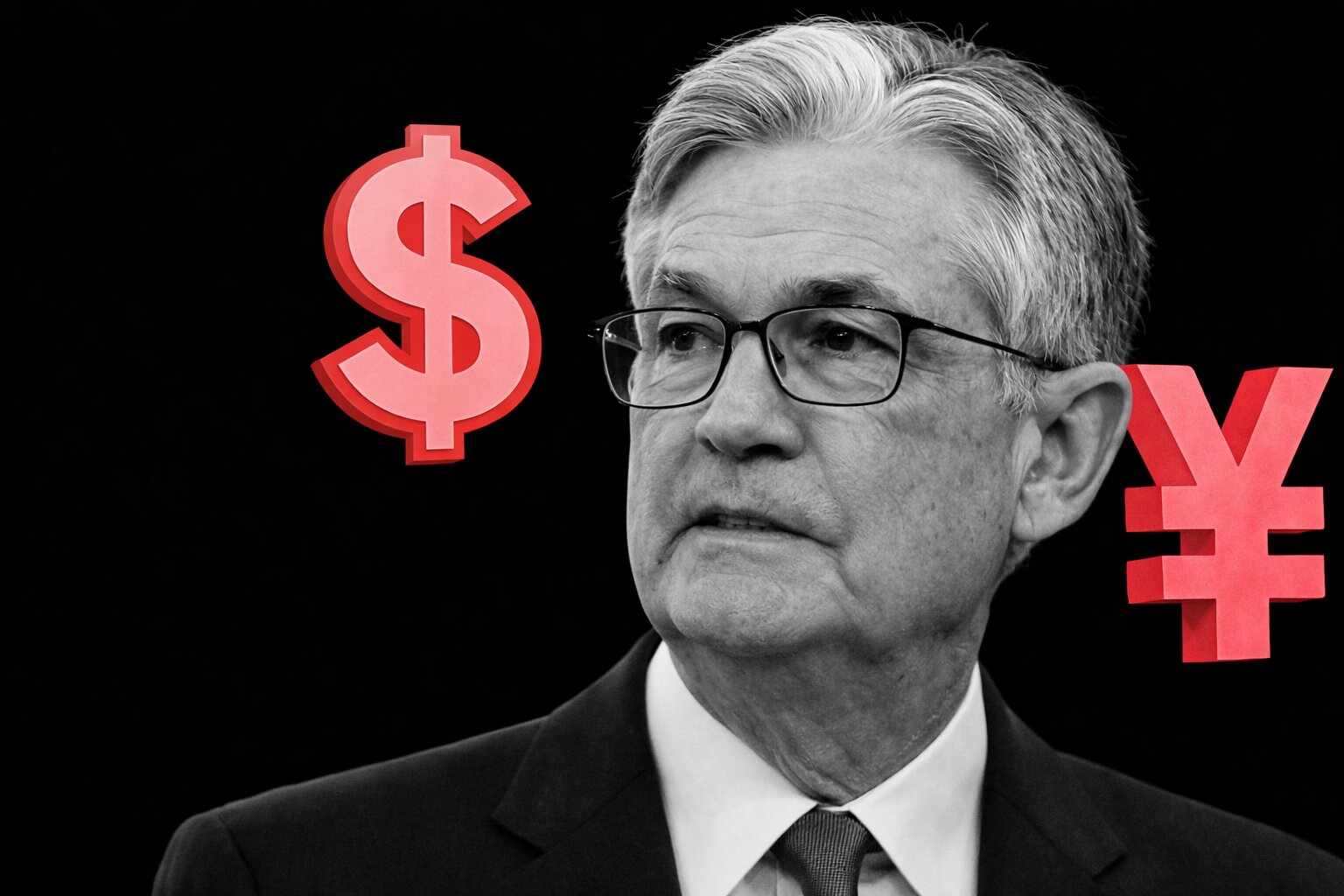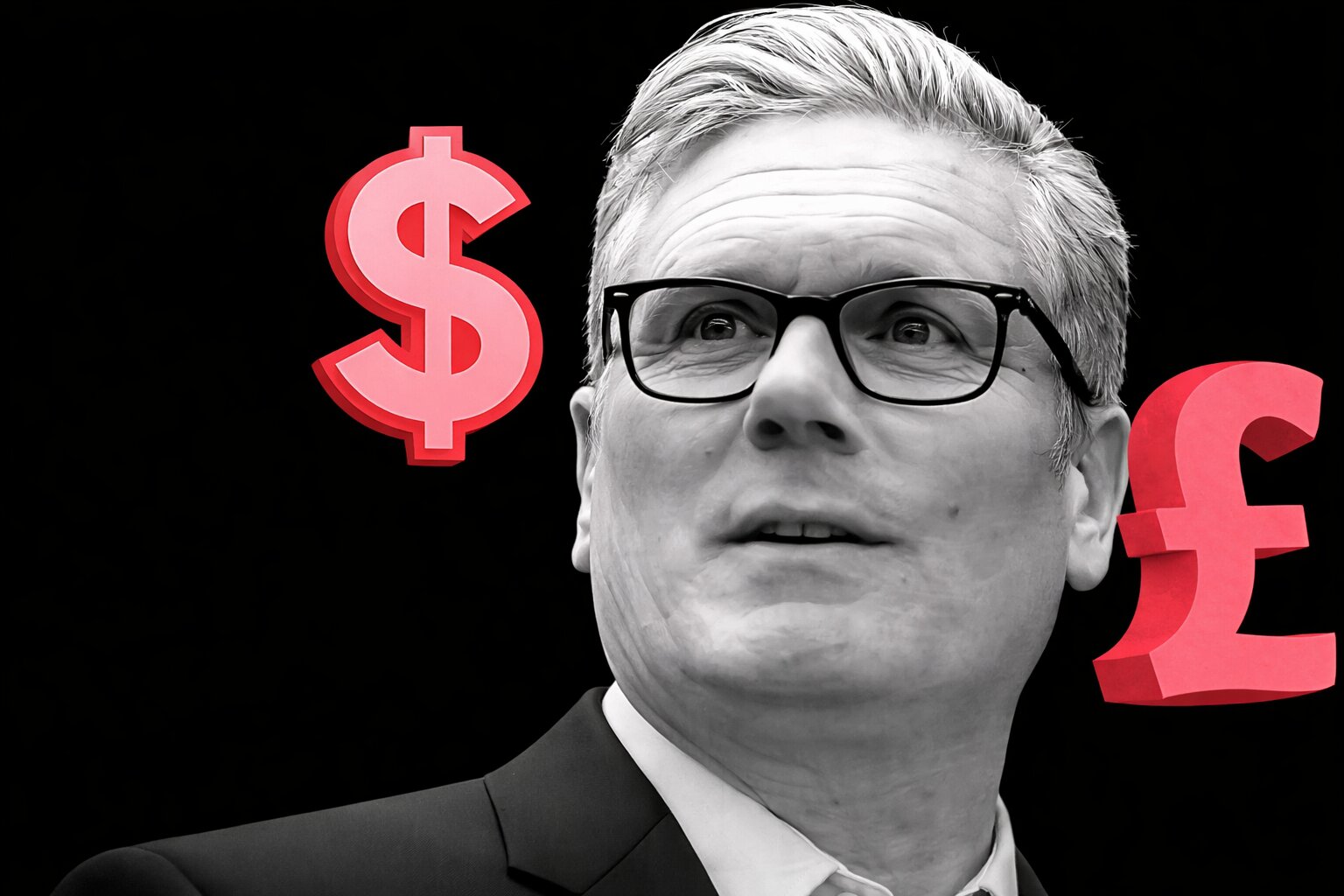
EUR/USD Price Forecast - EUR to Dollar Slips 1.1747 as Fed Cut, Rising Yields, and French Political Unrest Shake Euro
With U.S. Treasury yields above 4.14% and protests weighing on Macron, EUR/USD faces support at 1.1675–1.1686 while upside hinges on 1.1850–1.1918 resistance | That's TradingNEWS
EUR/USD Faces Pressure as Dollar Rebounds on Fed Cut and Rising Yields
The EUR/USD pair trades around 1.1747, slipping 0.32%, as the U.S. dollar staged a rebound following the Federal Reserve’s 25 basis-point cut. Despite easing policy, Treasury yields surged, with the 10-year benchmark moving above 4.14%, reviving dollar strength. This resembles the late-2023 pattern, where the Fed’s cuts initially pushed the dollar down, only for longer-term yields to trigger a recovery. The euro’s failure to sustain highs above 1.1800 reflects a market reassessment that the U.S. remains relatively stronger than the eurozone in terms of growth and yield advantage.
European Political Risk Adds to EUR/USD Volatility
The euro faced additional downside as French protests over fiscal tightening pressured investor confidence. President Emmanuel Macron’s new prime minister faces resistance to spending cuts, complicating fiscal stability just as the ECB signaled an end to its disinflationary phase. Political unrest in the eurozone’s second-largest economy is reinforcing the narrative that euro strength may be capped, especially against a U.S. dollar backed by higher yields.
Fed Officials Mixed, Market Bets Lean Toward More Cuts
Comments from Fed officials highlighted divergence. Mary Daly stressed the need to support a softening labor market, while Neel Kashkari warned that inflation could return toward 3% if tariffs persist. Governor Stephen Miran stood apart, opposing deeper cuts and signaling comfort with a neutral policy rate. Futures markets, however, price nearly a 90% chance of another 25 bps cut in October and an 80% probability of another by December, a backdrop that leaves EUR/USD traders weighing short-term downside against longer-term dollar weakness.
Technical Structure: EUR/USD Support and Resistance Levels
The euro-dollar pair is anchored by critical supports. The 1.1748 level has held multiple tests, while deeper cushions lie at 1.1675–1.1686, aligned with the 100-day moving average. Failure to defend those levels could expose 1.1560–1.1574, a confluence of August swing lows and the 200-day SMA. On the upside, EUR/USD must reclaim 1.1800–1.1850 to restore momentum, with the year-to-date high at 1.1918 serving as the next bullish objective. The recent “evening star” formation on daily charts suggests bears are probing, but RSI remains clear of overbought territory, showing room for a rebound if macro drivers align.
Macro Divergence Between Fed and ECB Defines Trend
The Fed’s “risk management cut” contrasts sharply with Christine Lagarde’s tone at the last ECB meeting, where she declared the disinflationary process largely over and projected confidence in eurozone stability. That divergence sets up a tug-of-war: U.S. easing weakens the dollar structurally, but Europe’s political unrest and slower growth undercut the euro. The eurozone’s producer prices, falling -2.2% YoY versus expectations of -1.7%, highlight the lack of inflationary pressure compared to the U.S., where fiscal policy and tariffs risk reaccelerating price pressures.
Read More
-
IVV ETF Price Forecast: Is $684 Still Worth Paying For S&P 500 Exposure?
14.02.2026 · TradingNEWS ArchiveStocks
-
XRP ETF Rally: XRPI at $8.09 and XRPR at $11.60 as XRP-USD Rebounds Toward $1.47
14.02.2026 · TradingNEWS ArchiveCrypto
-
Natural Gas Futures Price Holds Around $3.20 as Storage Tightens and Winter Premium Fades
14.02.2026 · TradingNEWS ArchiveCommodities
-
USD/JPY Price Forecast: Yen Strength Turns 152 into a Make-or-Break Level
14.02.2026 · TradingNEWS ArchiveForex
EUR/USD Weekly Chart Signals Market Indecision
Weekly price action in EUR/USD shows repeated failures from both bulls and bears. Upper wicks highlight profit-taking near highs, while lower wicks reflect persistent buying around support. Since the August NFP report, sellers have been unable to break the trend convincingly. This indecision underscores that the pair is tethered between Fed easing expectations and eurozone political fragility. If EUR/USD closes below 1.1675 on a weekly basis, it would signal sellers finally gaining traction, while a break above 1.1850 would restore bullish control.
Cross-Asset Implications and the Broader Dollar Move
The U.S. dollar’s rebound has spilled into other majors. GBP/USD dropped to 1.3414, confirming a bearish engulfing weekly candle as the Bank of England kept a cautious stance. USD/JPY stabilized near 148.00 despite BoJ tightening chatter, proving dollar resilience. USD/CAD, however, lagged as Canada’s retail sales beat expectations at +1.0% MoM, dragging the pair below 1.3800. With the dollar index (DXY) heavily weighted to the euro at 57.6%, EUR/USD remains the bellwether for whether the U.S. dollar rally extends or fades into Q4.
Verdict on EUR/USD: Hold With Bearish Bias
The EUR/USD outlook remains constrained by the tug-of-war between Fed easing and U.S. yield strength. With the pair at 1.1747, downside risks dominate as long as 1.1800 remains unbroken and French protests weigh on euro sentiment. Support at 1.1675–1.1686 is pivotal. A decisive break below opens the path to 1.1560, while a rebound above 1.1850 would shift momentum bullish. Based on current fundamentals and technicals, EUR/USD is best approached as a Hold with a bearish tilt, as U.S. yield advantage and eurozone instability cap upside in the near term.



















